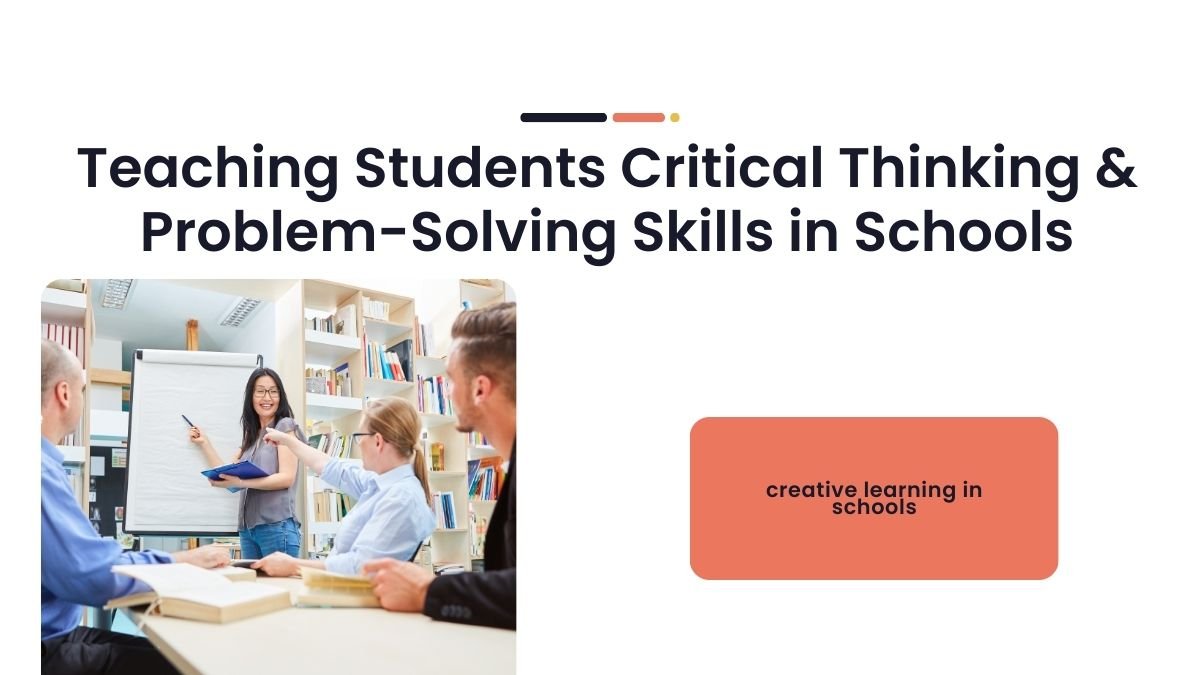How to Choose the Right B.Ed. College? – Step by Step Guide
Getting a B.Ed. (Bachelor of Education) is what students hanker after, and with it hanging in the air is the question of which college to pursue.
Nowadays, a B.Ed. degree can be completed in a variety of places, including colleges, private as they may be; government colleges; distance mode; or through a direct coumn to a university. But not every college has the same quality. One wrong choice could term hard work and money as waste.
It is thus crucial to pay close attention to a few salient points while selecting colleges. Let’s understand the points in detail.
1. NCTE Approval and University Affiliation
Checking whether the college is recognized by the NCTE (National Council for Teacher Education) is the first and foremost step.
Importance of this?
If a college is not approved by the NCTE, your degree will be considered invalid. You are denied government jobs and many private schools will not employ you.
University Affiliation
It has to be affiliated with a university recognized to be valid.
Example:
Say, for example, you completed your B.Ed. from a local college that is not approved by NCTE. Later, when you apply for CTET or a government teacher recruitment exam, your degree will get canceled.
2. Faculty Profile
It mostly depends on who is teaching you.
Yes, find out how much experience the faculty has.
Is their teaching method modern or limited to textbook teaching?
Also important are their academic qualifications and research work.
Example: If the college has professors who have done research on educational psychology or teaching methodology, you will gain in-depth and practical knowledge.
3. Curriculum and Practical Exposure
A good B.Ed. college not only theorizes but practically teaches.
Curriculum should balance theory and practical exposure.
Does the college facilitate seeking schools for internships, classroom practice, and lesson planning?
Are there workshops, seminars, and training camps?
Example: If a college provides students with two months of practical training in school, it makes it easier for graduates to find jobs because they have hands-on experience.
4. Infrastructure and Facilities
These matter, in fact, infrastructure and facilities in the college.
Are the classrooms clean and equipped with technical facility such as projectors and smart boards?
Is there a very rich library of books, journals, and online resources?
Are there psychology and ICT labs?
Example: If ICT lab is there in the collge, think how exciting to learn the studies with PowerPoint and digital tools/smart classes.
5. Placement and Career Support
Not all students want their degree in B.Ed. to fetch them a job. However, a placement cell is really helpful in all cases.
Check for a placement cell in the college.
Does it guide students in preparing for exams like CTET and TET?
Do students who attended the past year find jobs in really good schools?
Example: It is much easier to get a job at super schools or government projects if the college has tie-ups.
6. Fees and Total Costs
Don’t pick a college purely by the cost of tuition fees. Calculate the total cost demand:
- Tuition fees
- Hostel/PG Fees
- Travel Expenses – going to and from college
- Books and materials for studies
Example: The incongruity of values is present when the college charges 60,000 rupees each year but, when you add hostel and other expenses, amounts to 100,000.
7. Alumni Network
Like its alumni, so also an excellent college is recognized.
Try to talk to students who studied from nearby.
Ask how much help they received in their studies and placements.
Example: A college’s alumni working in prestigious schools or government positions today are proof of this college’s quality.
8. Competitive Exam Preparation
B.Ed. is not enough. Nowadays, to become a government teacher, it is necessary to qualify CTET, UPTET, or state level.
Check if any special classes or coaching support is provided in college.
Does it have any mock tests, practice papers or guidance sessions?
9. College Reputation
The name and reputation of a college matter.
Check the results of the college, how reputable the faculty is, and last year’s results.
Look at online reviews and rankings as well.
Conclusion
The importance of choosing an effective B.Ed. college is pronounced alongside choosing the right course.
It must have those NCTE approvals and be linked with a recognized university.
Besides, there should be experienced faculties and a balanced curriculum.
Placement support and adequate practical experience must be on board with modern infrastructures.
The perfect B.Ed. college is one that has them all. Remember-it’s not just about getting a degree; it’s about your future and your foundation as a teacher.









